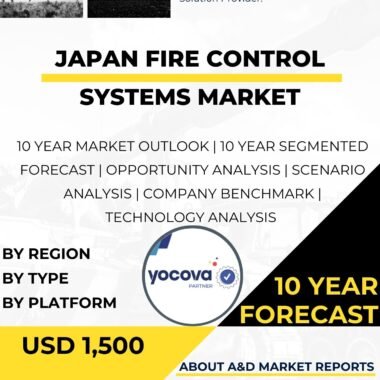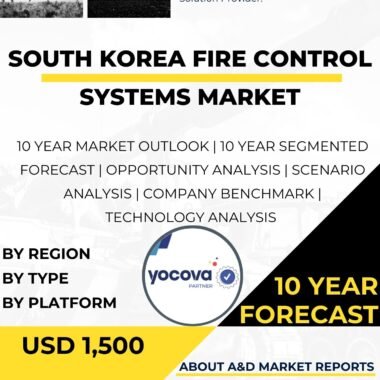Description
Overview
The Brazil Radar Market is critical for the nation’s defense and security, enhancing situational awareness and safeguarding territorial integrity. Radars detect, track, and identify aerial, maritime, and ground targets. As Brazil faces diverse security challenges and modernizes its defense capabilities, this market has gained prominence.
Market Growth and Strategic Importance
The Brazil Radar Market has grown steadily due to the country’s focus on strengthening defense capabilities. With vast territory and maritime borders, Brazil confronts threats like drug trafficking, illegal fishing, and transnational crime. Radar systems bolster situational awareness across land, air, and sea domains.
Key Drivers
The market grows due to Brazil’s need to enhance air defense capabilities. Radars enable early detection of aerial threats, such as enemy aircraft and missiles, strengthening airspace protection. Additionally, Brazil seeks maritime domain awareness to monitor its Exclusive Economic Zone and deter illegal activities. Radars on naval vessels and coastal stations enhance maritime surveillance. Ground-based radars also drive growth by securing borders and detecting illicit activities in remote terrains.
Applications Across Domains
The Brazil Radar Market supports diverse defense and security applications. In air defense, long-range surveillance radars enable the Air Force to detect threats early, ensuring timely responses. In maritime surveillance, coastal and naval radars monitor coastlines, detect threats, and support search and rescue. For ground security, radars enhance border surveillance, detecting illegal crossings and smuggling.
Challenges
The market faces challenges, including high costs for developing and maintaining advanced radar systems, requiring significant investments in technology and training. Regulatory compliance with international export controls complicates technology acquisition. A shortage of skilled personnel for radar operation and surveillance also hinders growth.
Future Growth
The Brazil Radar Market is poised for continued growth as security challenges evolve. Demand for advanced radars will remain strong, driven by investments in research, technology transfers, and testing facilities.
Conclusion
The Brazil Radar Market is vital for enhancing defense and security operations. Radars provide critical surveillance across air, sea, and land, enabling Brazil to counter threats effectively. Growth is driven by commitments to air defense, maritime awareness, and border security. Overcoming challenges in cost, regulation, and skilled personnel will unlock the market’s potential for bolstering national security.




